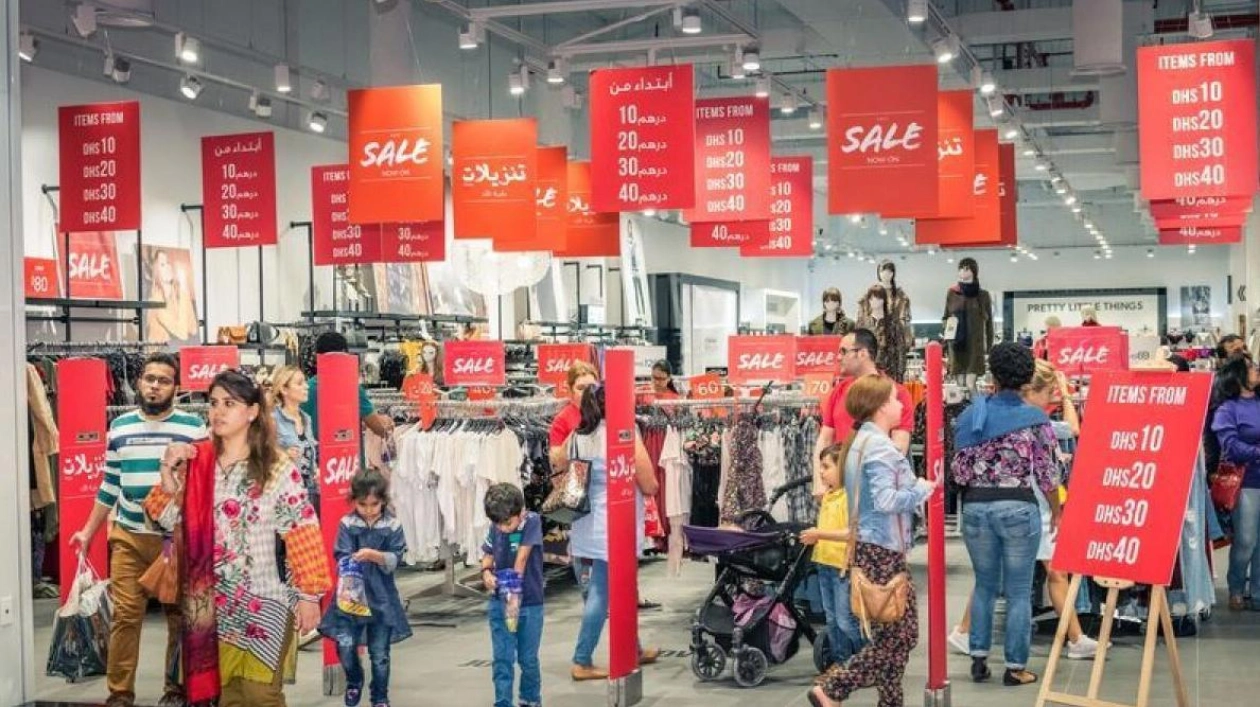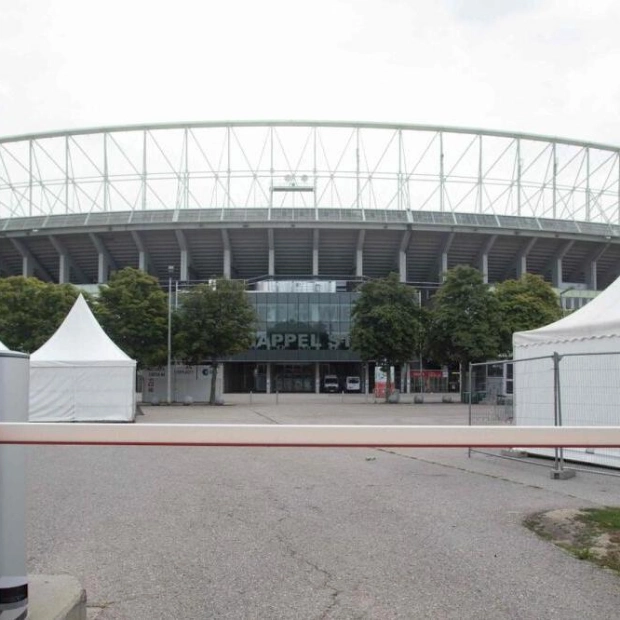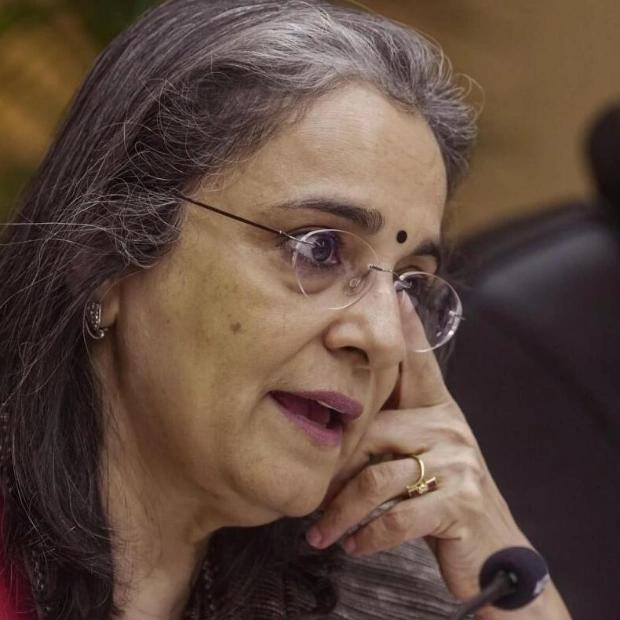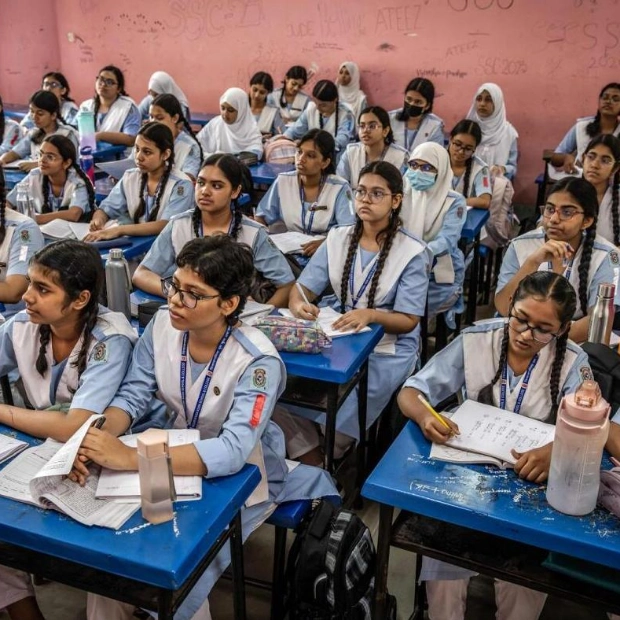The GCC retail industry is poised for significant growth, with sales projected to expand at a compound annual growth rate (CAGR) of 4.6 percent, reaching $386.9 billion by 2028, up from $309.6 billion in 2023, according to recent research.
A report by Alpen Capital highlights that Saudi Arabia and the UAE will continue to spearhead this growth. Retail sales in these countries are expected to grow at CAGRs of 5.1 percent and 5.4 percent, respectively, reaching $161.4 billion and $139.1 billion by 2028.
Non-food retail sales are anticipated to grow at a CAGR of 4.3 percent, while food retail sales are forecasted to rise at a CAGR of 5.0 percent between 2023 and 2028. The report also notes that 3.9 million square meters of retail space is expected to be added in the GCC by 2028, bringing the total organized retail gross leasable area (GLA) to 24.3 million square meters.
Personal luxury goods sales in the Middle East, predominantly driven by the GCC, are expected to reach $20.2 billion by 2028, growing at a CAGR of 6.5 percent since 2023. Duty-free sales at GCC airports are projected to hit $4.7 billion by 2028, growing at a CAGR of 9.3 percent, driven by increased passenger traffic due to government tourism initiatives.
The rising population, with a high concentration of expatriates and high-net-worth individuals (HNWIs), remains a key driver of the GCC retail industry's growth. The region's population is expected to grow at a CAGR of 1.8 percent between 2023 and 2028.
The GCC is positioning itself as a global hub for business, entertainment, and sporting events, which is expected to boost international tourist arrivals by a CAGR of 6.1 percent, reaching 109.8 billion by 2028.
Existing free trade agreements and ongoing negotiations with various countries are expected to enhance the range of foreign products available in domestic retail outlets and attract more international brands to the region.
However, the report also identifies challenges, including vulnerability in hydrocarbon revenues due to oil production cuts, rising geopolitical concerns, and global macroeconomic headwinds. The region's heavy reliance on external food supply sources leaves it susceptible to supply-side shocks, potentially impacting consumer spending power.
Renuka Jagtiani, Chairwoman of the Landmark Group, noted that while GCC retail is benefiting from strong economies and consumer confidence, high inflation has constrained discretionary spending, leading consumers to prioritize experiences over shopping.
Rohit Walia, Executive Chairman and CEO of Alpen Capital, emphasized the rapid digital transformation in the GCC retail industry, with businesses investing in new technologies to enhance customer experiences and optimize operations.
Economic activity in the GCC is expected to pick up as oil revenues rise and non-hydrocarbon sectors grow, driven by government reforms. This is likely to boost domestic consumer demand and discretionary spending, increasing the appetite for global brands and luxury items.






